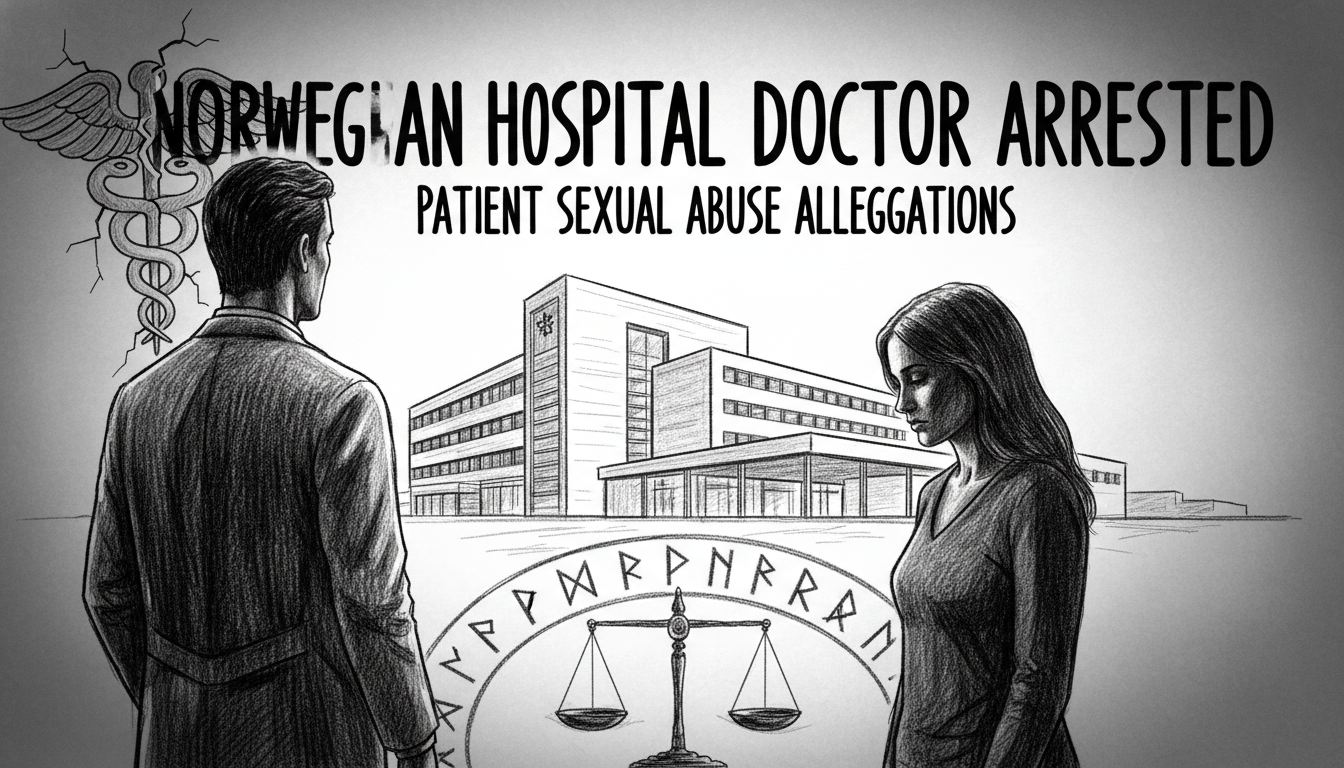A hospital physician in Trøndelag faces criminal investigation for allegedly engaging in sexual relations with patients. Police confirmed the arrest last week following a formal complaint. The doctor maintains his innocence despite the serious charges.
Prosecutor Lena Sagnes Wågan stated authorities detained the man for questioning. Investigators determined no grounds existed for pretrial detention after initial interrogation. The case now moves to the formal investigation phase where evidence will be thoroughly examined.
This incident raises critical questions about medical ethics and patient safety protocols in Norwegian healthcare. The Norwegian Medical Association maintains strict guidelines prohibiting doctor-patient relationships. Violations can result in license revocation and criminal prosecution.
Norwegian healthcare operates under rigorous ethical standards developed over decades. The country's patient protection laws rank among Europe's most comprehensive. This case tests those safeguards and their enforcement mechanisms.
Medical professionals in Norway undergo extensive training on professional boundaries. The health directorate mandates regular ethics education for all clinical staff. Still, breaches occur despite these preventive measures.
International readers should understand Norway's healthcare system differs significantly from other countries. Universal coverage combines with strong regulatory oversight. Patient trust forms the foundation of this socialized medical model.
The Trøndelag region hosts several major medical facilities serving central Norway. These institutions employ thousands of healthcare workers across multiple municipalities. Local communities depend on these hospitals for specialized care.
Legal experts note conviction could bring substantial prison time under Norwegian law. Sexual exploitation of vulnerable individuals carries severe penalties. The judicial process typically moves deliberately in such sensitive cases.
Healthcare authorities will likely conduct parallel internal investigations. The hospital may suspend the physician pending outcome of both processes. Temporary suspensions are standard procedure during criminal probes involving medical staff.
Patient advocacy groups monitor such cases closely. They push for transparent investigations and systemic reforms when patterns emerge. Norway generally maintains high public confidence in its medical establishment.
This situation highlights the constant balance between professional trust and necessary oversight. Even robust systems face challenges maintaining integrity across all institutions. The coming weeks will reveal how Norwegian authorities handle this delicate matter.

